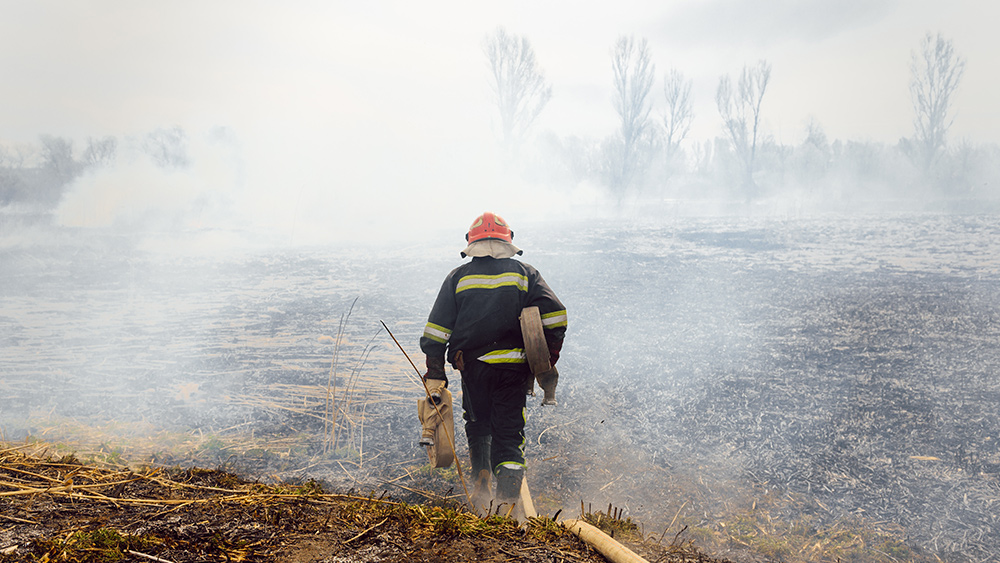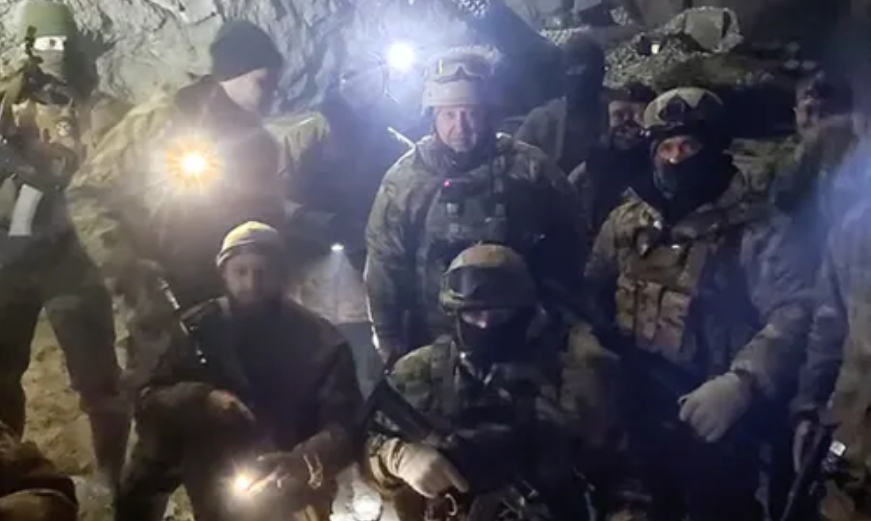 Parler
Parler Gab
Gab
Were DEWs involved in the Maui fire disaster?
As of now, officials have failed to explain in detail which notifications were sent out and to whom. It remains unclear how many people received any warning at all, and whether those warnings came via text message, phone call, or email. One would think that these details should be easily explicable as a system is designed to function a certain way on command. If the system failed in this instance, then people need to know why and who is at fault so accountability can occur. "We will do all that we can to find out how to protect our people more going forward," Green promised with lackluster. Green says multiple factors appear to have contributed to the system's failure, including downed communication lines and firefighters concentrating their efforts on other major wildfires at the time when the greatest threat to Lahaina appeared. The fire's travel speed made it "nearly impossible" for frontline responders to communicate with emergency management officials, from whom would typically come real-time evacuation orders, said Maui County Fire Chief Bradford Ventura. "They were basically self-evacuating with fairly little notice," Ventura added, referring to the first neighborhood that was struck by the fires. Appearing on NBC's "Today" show, County Mayor Richard Bissen said he has no clue whether the sirens went off, adding that he thinks "this was an impossible situation." Some witnesses told the media that they indeed had very little advance notice when the blaze suddenly appeared seemingly out of nowhere. Many of them had just minutes to safely escape, with some having to leap into the Pacific Ocean for protection. "This is the nightmare scenario," commented someone named Mr. Rumbach, who used to teach urban planning at the University of Hawaii. "A fast-moving fire in a densely populated place with difficult communications, and not a lot of good options in terms of evacuations," he added, stating that the evacuation procedure from Lahaina just so happens to be complicated in that, because of its coastal location next to hills, there are only two ways out of the place in the event of an emergency of this massive scale. More related news about the Maui wildfires can be found at FalseFlag.news. Sources for this article include: TheEpochTimes.com NaturalNews.comPoll: Most voters see Biden as a POOR LEADER that cannot be trusted
By Ramon Tomey // Share
Mystery buyer of over 52,000 acres in the Bay Area may be planning to build a new city
By Arsenio Toledo // Share
Prepper first aid: 10 Must-haves for your natural medicine first aid kit
By Zoey Sky // Share
‘Children were incinerated to ash’: Livid Hawaiians slam Biden for cracking jokes, lying about wife
By News Editors // Share
Madness: American satirist C.J. Hopkins sentenced in German speech case
By News Editors // Share
Governments continue to obscure COVID-19 vaccine data amid rising concerns over excess deaths
By patricklewis // Share
Tech giant Microsoft backs EXTINCTION with its support of carbon capture programs
By ramontomeydw // Share
Germany to resume arms exports to Israel despite repeated ceasefire violations
By isabelle // Share










